Welcome to Day 6 of the Global Glimpse Jarabacoa, DR trip! Today we had an early start, waking up at 6 AM. It’s an overnight trip so we made sure to pack all of our things the night before. Breakfast was simple- ham and cheese sandwiches with pineapple on the side, though the pineapple was quickly devoured. We headed out from the Ranch at 8 so we could arrive at the place we would be staying at in the town of Juan Dolio near the coast. The house is nice, with beach-themed decor, and a large living room area that flows out into the backyard where a pool and a small basketball court are.
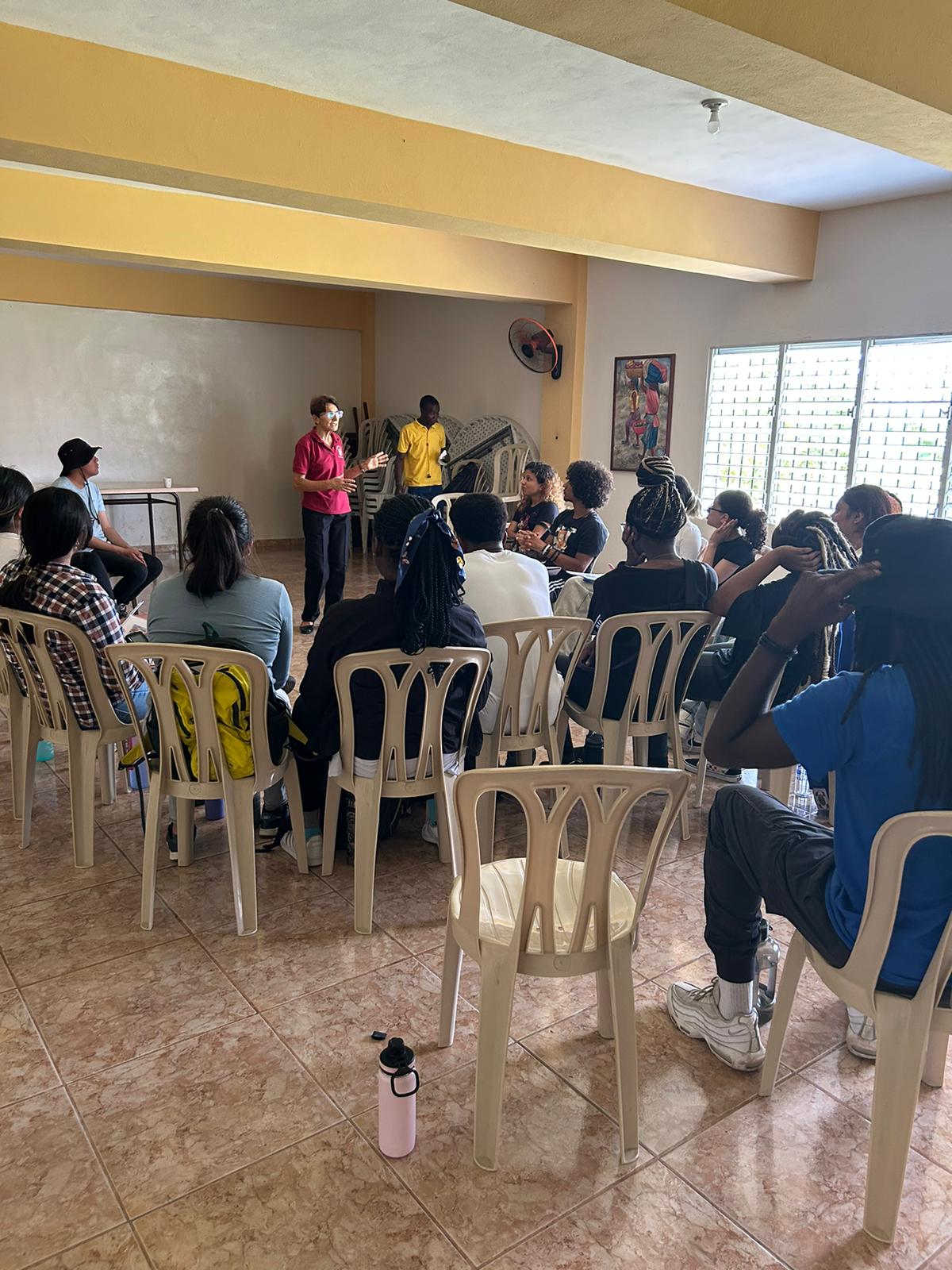
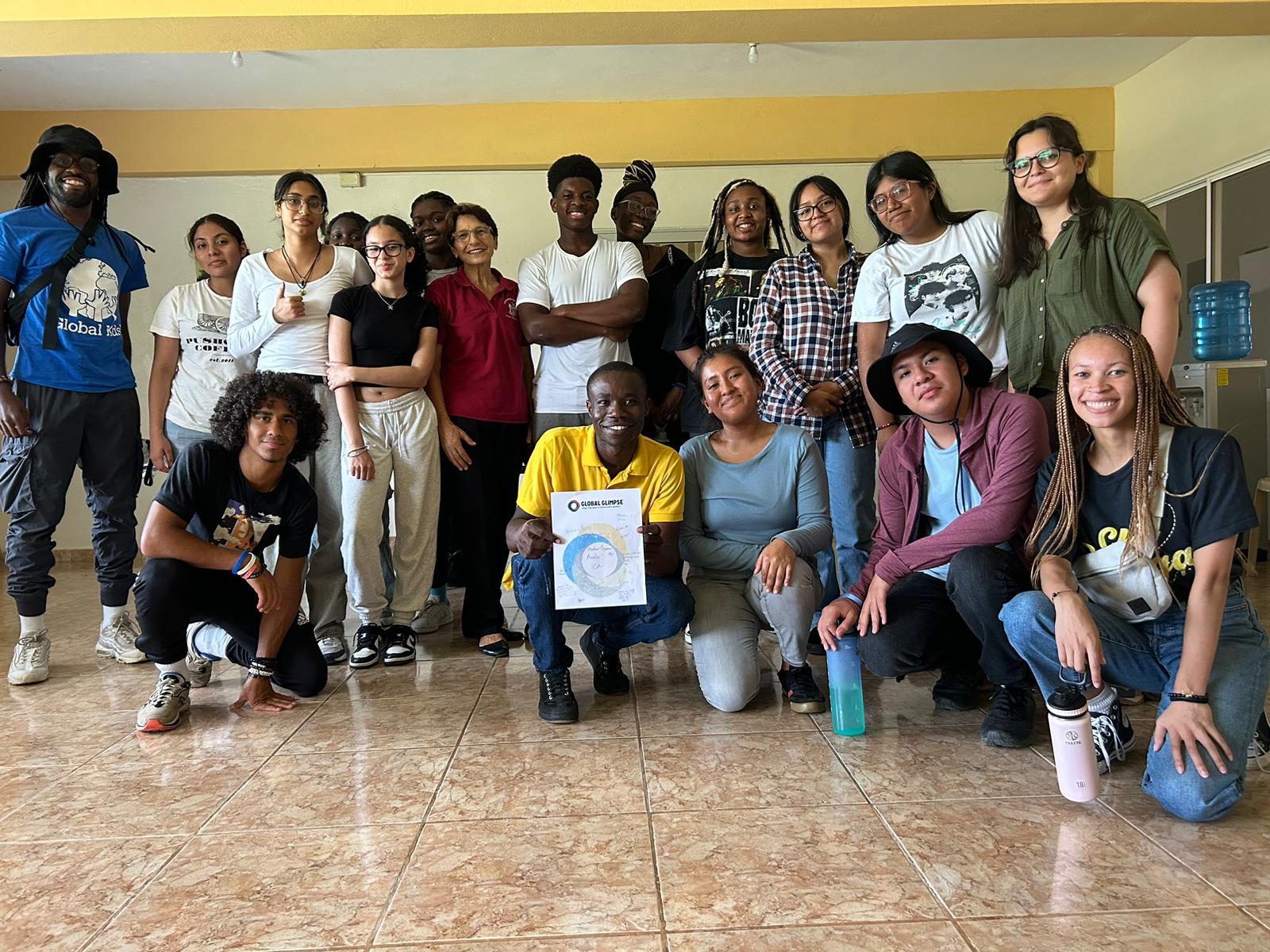
After having lunch at the base house, we went back on the bus to ASCALA, an NGO that supports the needs of Haitian immigrants and their children in the Dominican Republic. We were given a presentation by people who work for ASCALA- a woman named Ines, and a man named Abdias who is a Haitian immigrant himself. They told us about the hardships that Haitians face in DR and how because of the political and economic crisis in Haiti, many Haitians have immigrated to the Dominican Republic. Haitians have historically been and are currently being oppressed by the Dominican government due to laws that state that they cannot gain Dominican citizenship. With these restrictions, Haitians are forced to take hard manual labor jobs such as in construction or on sugar cane plantations. The communities around the sugar cane plantations are called batey(es). The laws preventing citizenship also mean that they cannot buy houses or property, giving them no social mobility. Abdias is fortunate to have obtained citizenship before the 2010 law was passed, but that does not stop him from being discriminated against for his skin color and his identity as a person from Haiti. The talk was very insightful and emotional because of how passionate the people at ASCALA are to help Haitians gain more rights and the respect that they should be afforded. We thanked the speakers and gifted them with a signed thank you note, and I got to hug Ines and thank her for speaking to us.
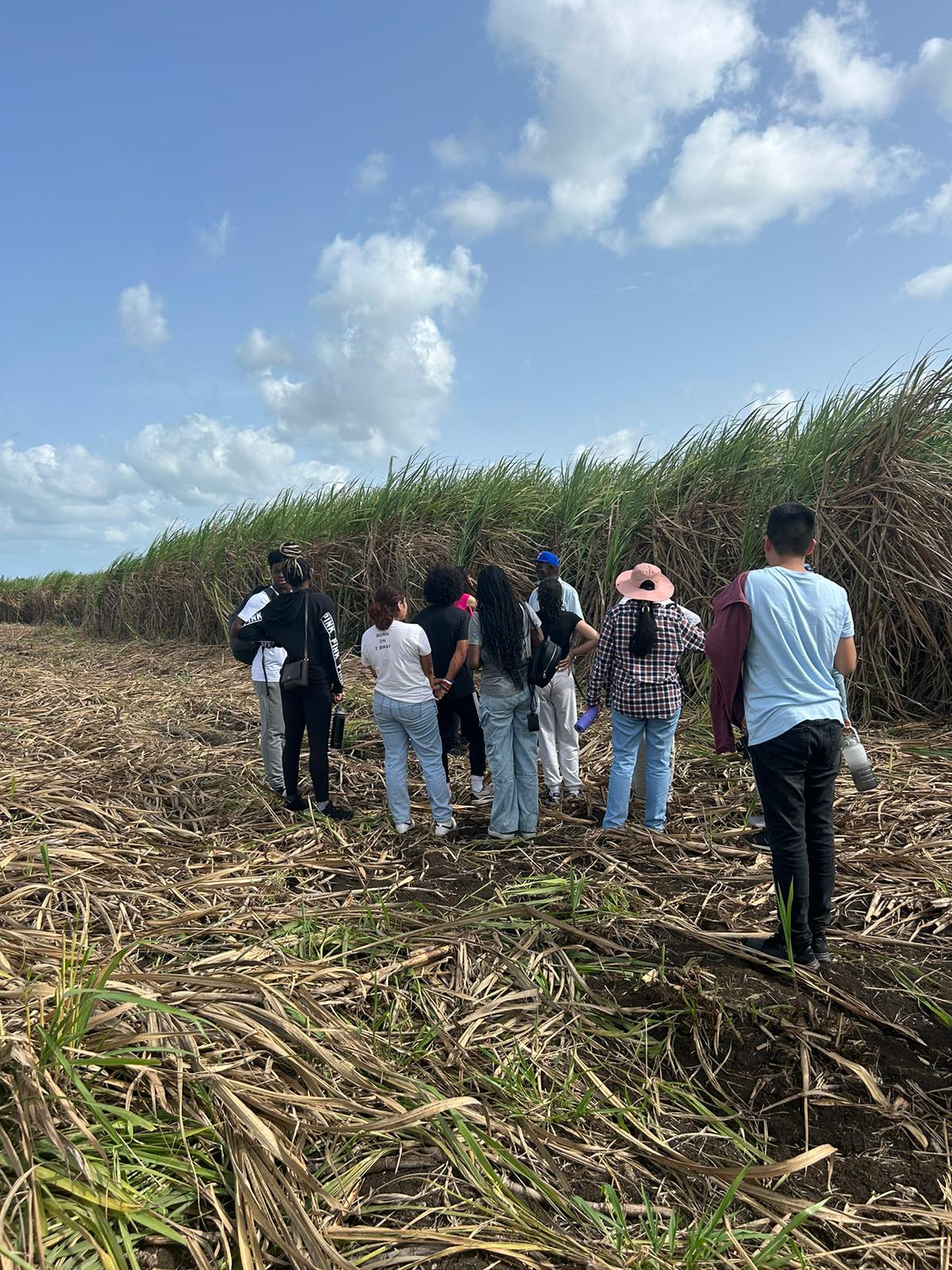
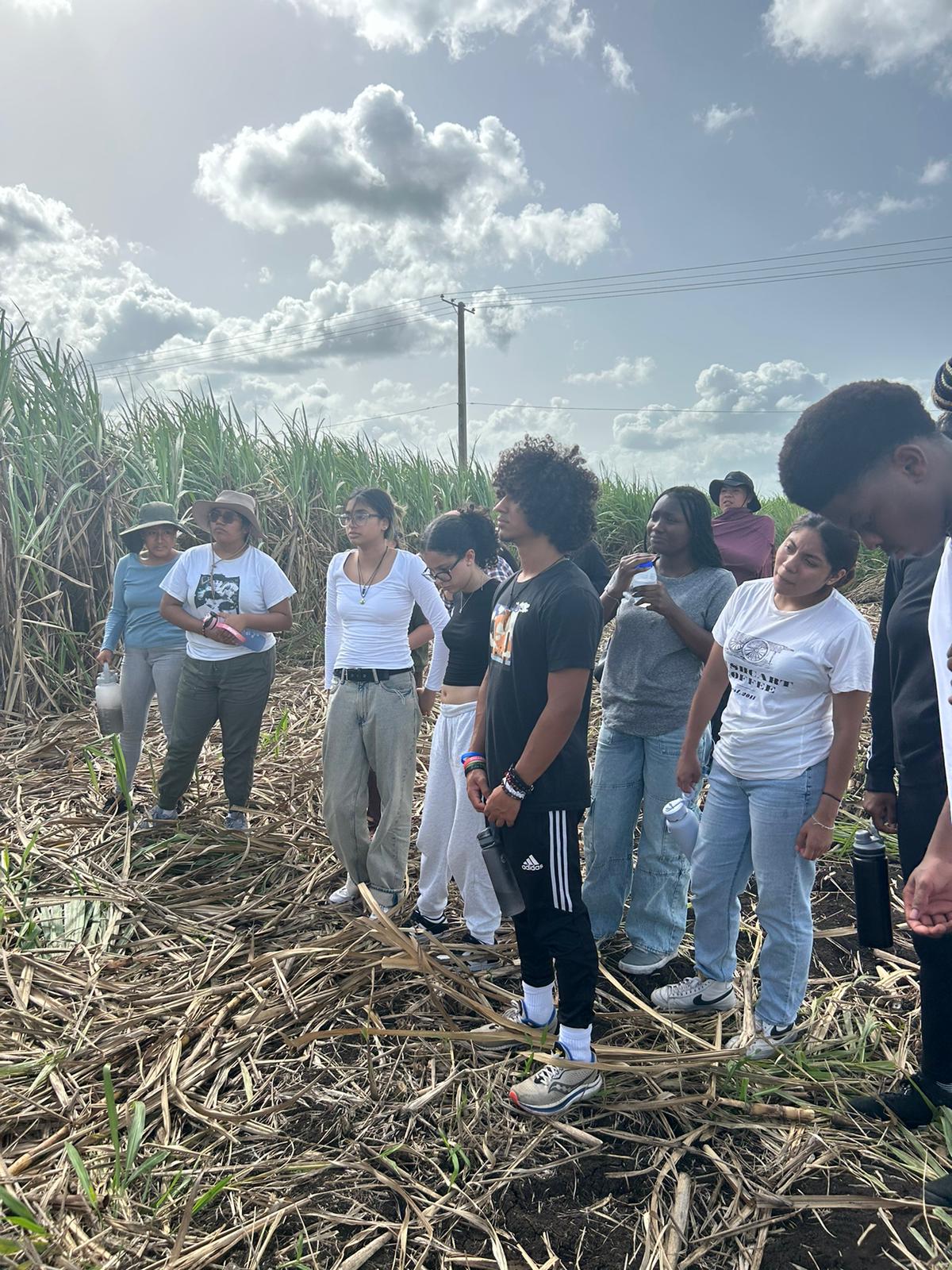
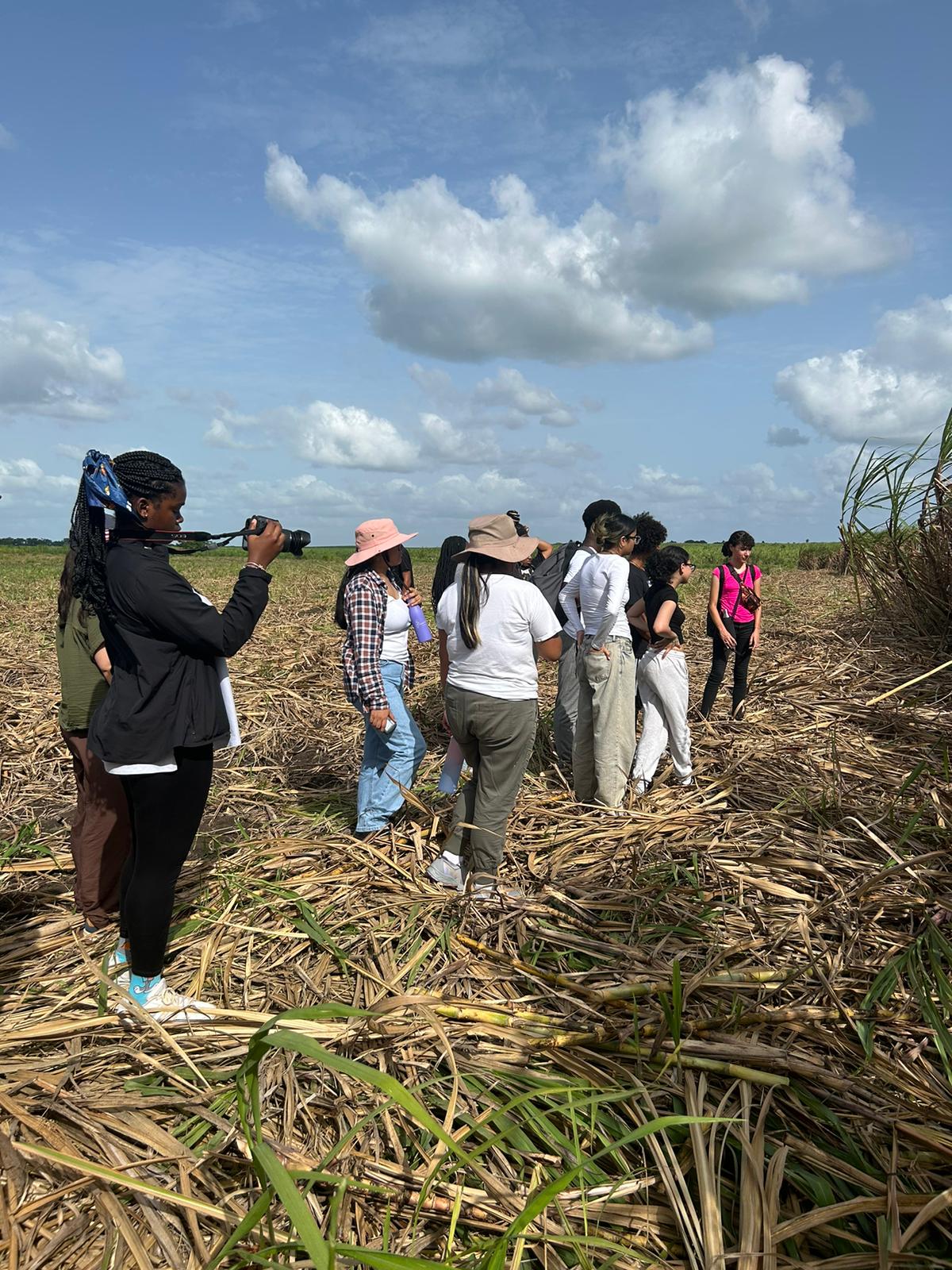
After that, we took a bus to a Batey where a man named Domingo told us about the way sugar cane is cut, how much money the workers make, and other facts such as who owns the plantation. It was interesting to see how far the area was from the main town, almost hidden in the large cane fields. The people living there are very poor and only make 150 pesos per 1 ton of cane sugar harvested. We also got to taste the cane sugar straight from the plant, which I had never done before. It was surprisingly good! We also thanked Domingo for speaking to us and then went back to the base house. We had tacos for dinner which were a hit! I passed the torch to the next leader of the day, Suusana.
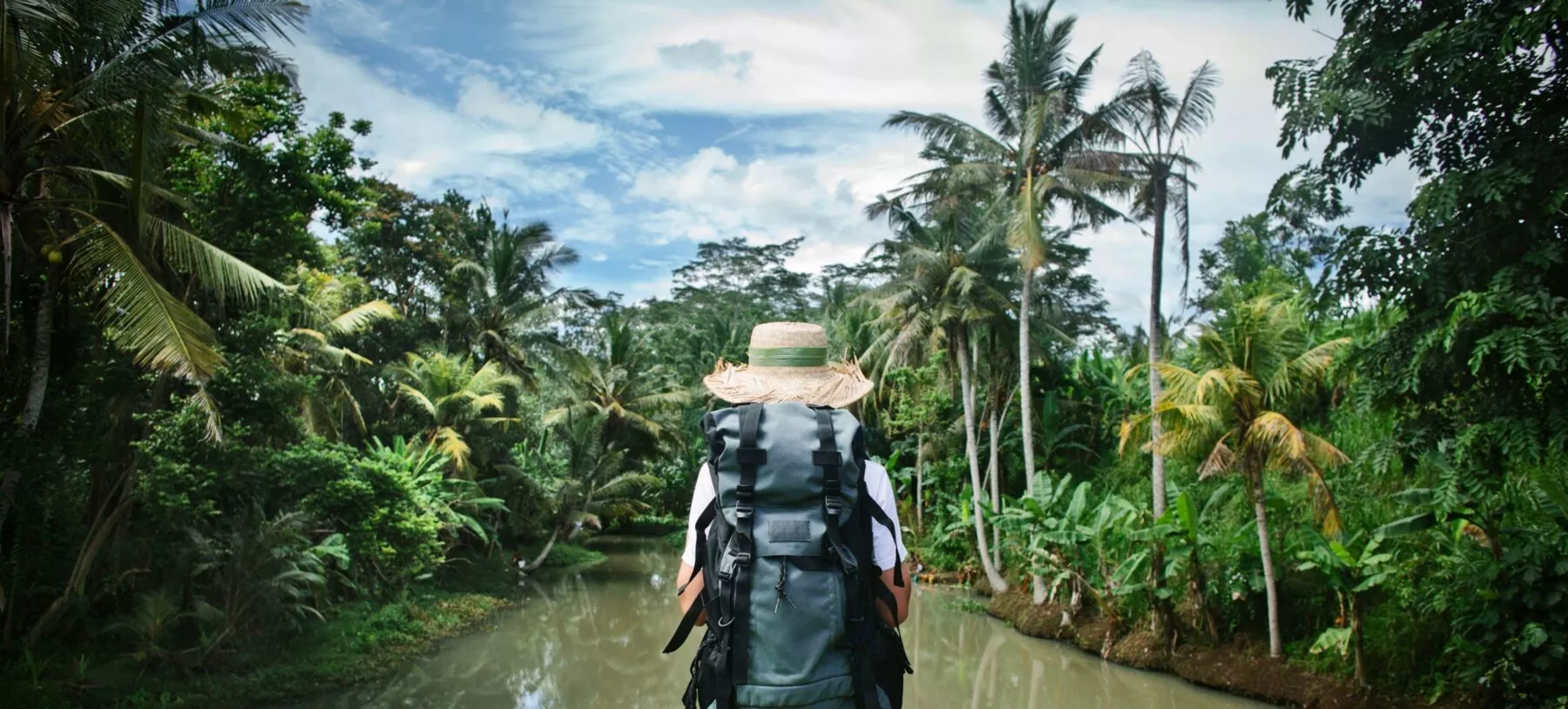
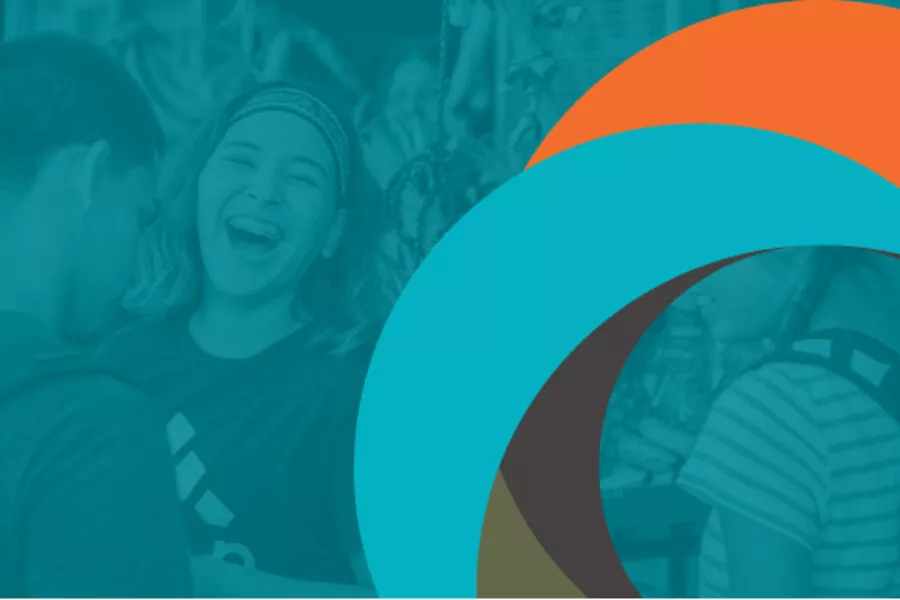
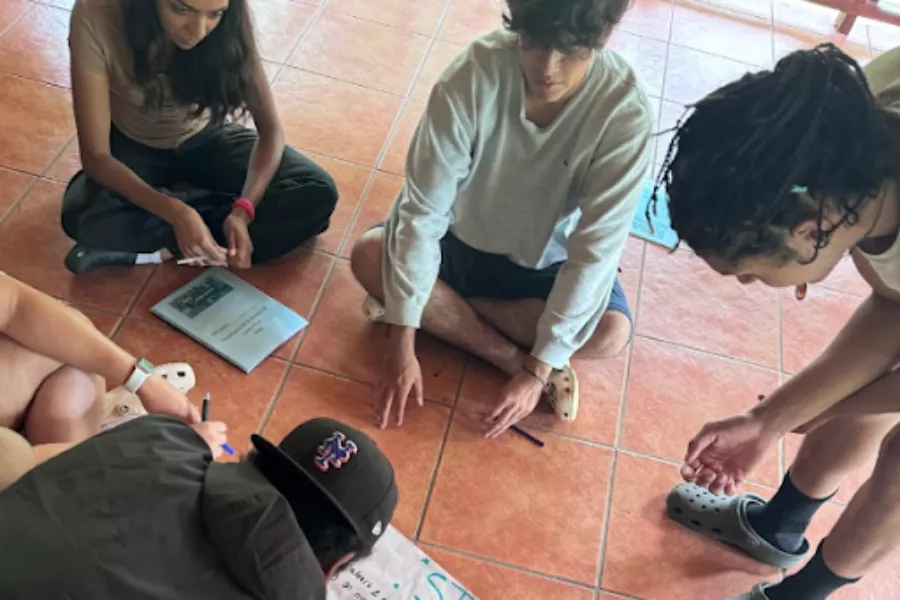
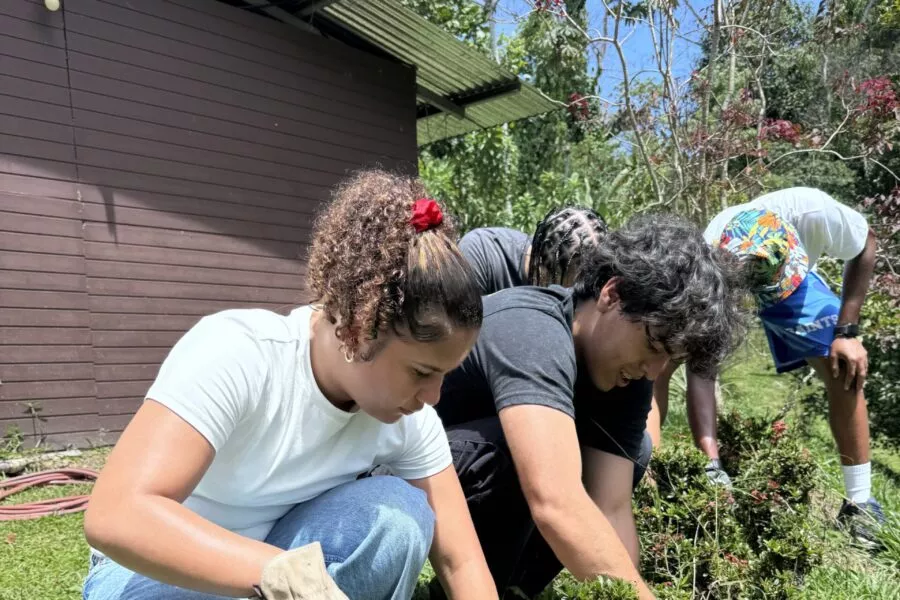
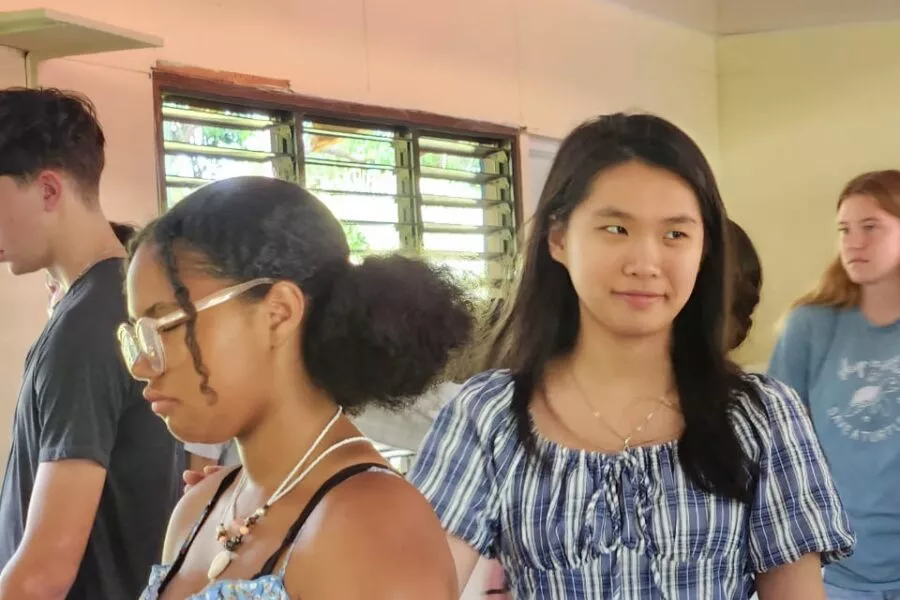
Comments (6)
Kristina
Wow that sounds like such an eye-opening encounter. Thank you for talking about the connection between these policies and social mobility. I think it is important for people to learn how this is all connected. Good job on the blog post, Maddie!
Yvonne Banks
Your insightful leadership today in discussing the complex issues of social mobility, as well as the political and economic challenges faced by Haitian immigrants in the Dominican Republic is commendable. By shedding light on these crucial matters, you’re helping us foster a deeper understanding of the world around us. Your efforts to raise awareness and encourage thoughtful conversations are truly impactful. Keep up the great work!
*P.S. – Warmest wishes to all and enjoy every step of this remarkable journey! Miss you Ashley!❤️❤️
Giselle Zavala
Hi guys! It’s very nice to see you guys enjoy the sugar cane! I’m very proud of my brother, Jhony, for going on this trip. I’m glad you guys are having fun and enjoying your time. How were the tacos in DR? I would like to try them as well. I will be waiting for your next post.
We love you Jhony! – Big Sis.
Matthew Callan
What an amazing experience! It sounds and looks like you guys are learning and doing some incredible things, and the account of the experience of Haitian immigrants in the Dominican Republic was very interesting.
Amanda W
This was a magnificent sounding day!
Uma Ahluwalia
Maddie – your mom shared this blog post with a few of her colleagues and I just wanted to commend you on a well written and heartfelt blog. I could see myself experiencing with you all that you saw and heard and feel the pain, struggles passions of the people you met. So profoundly life changing!
Well done!